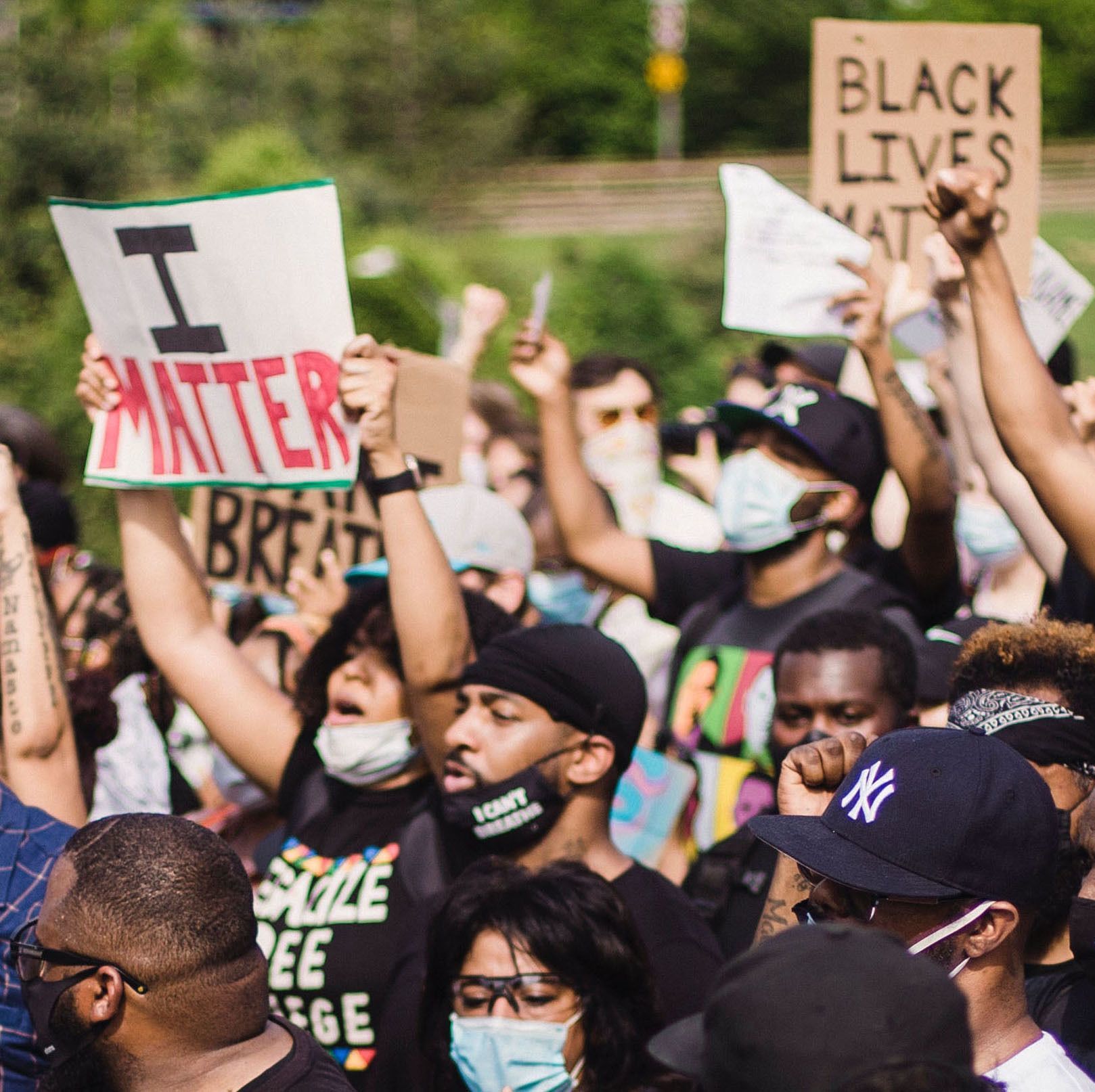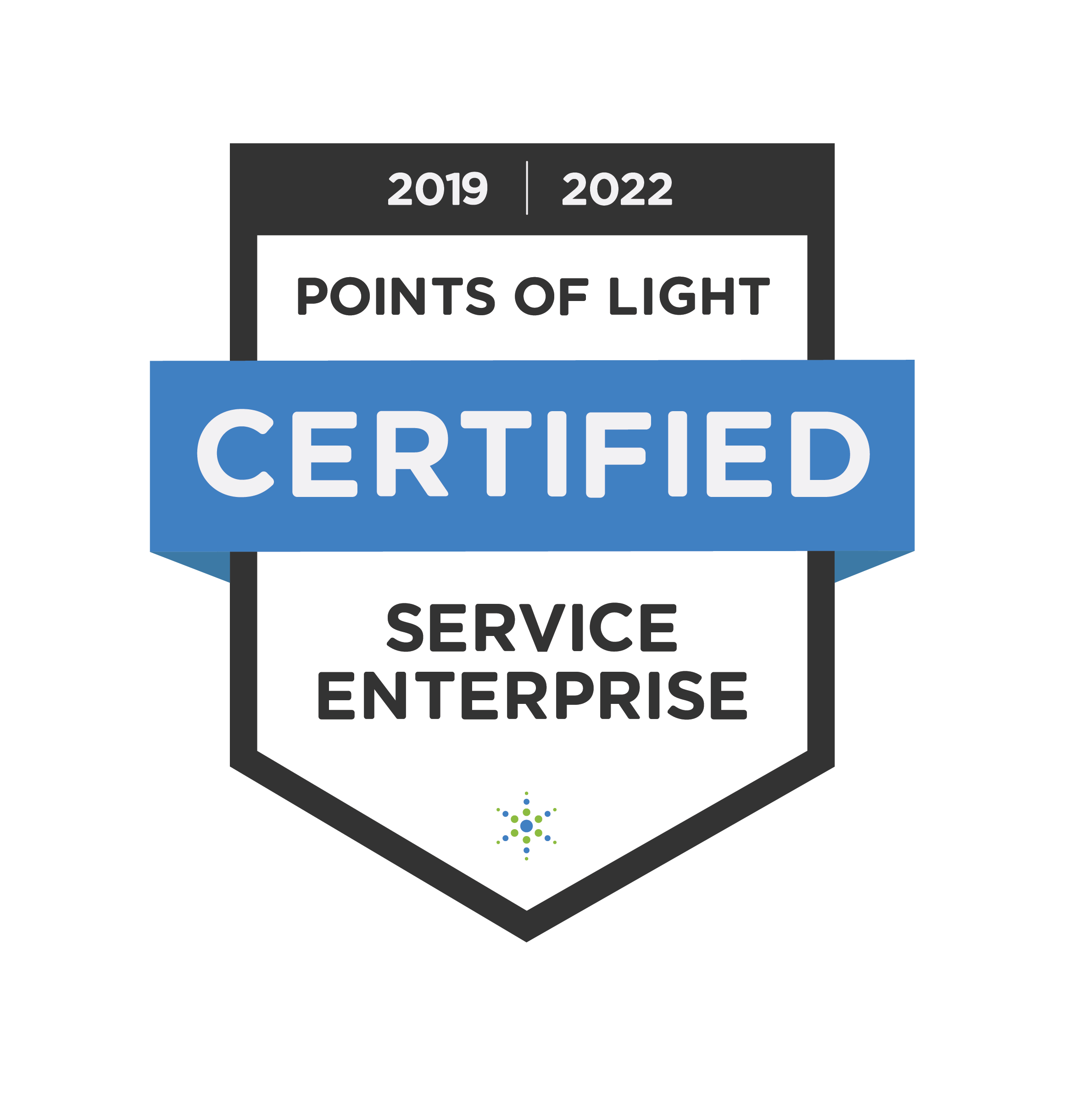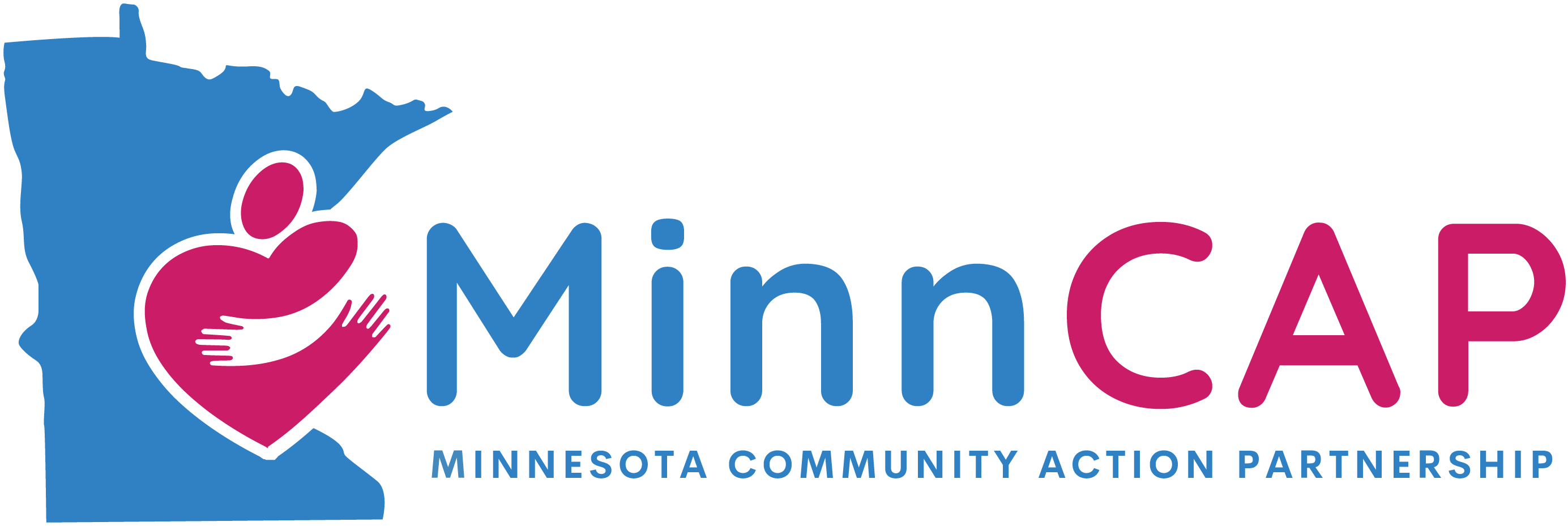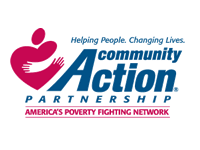
Tomorrow, Community Action Partnership of Ramsey & Washington Counties hosts the third webinar in our four-part series on Social & Emotional Well-Being. This installment titled, “Community Violence and Trauma,” is presented by Jimmie Heags, Jr. (LSC, LPCC, LADC, ACS), and will explore how both acute and chronic trauma impacts not only our daily lives, but affects the ways in which we build and maintain relationships with individuals and institutions in our communities.
To register for “Community Violence and Trauma,” which will take place from 4:00 pm to 5:00 pm CST, Tuesday, March 9, 2021, please access gotowebinar. And, to learn more about the Social & Emotional Well-Being Series, register in advance for our fourth and final webinar (“Stress and the Body,” on March 23), and access videos from the previous offerings in this series (“Parenting During a Pandemic” and “Going Beyond Trauma: Reclaiming, Learning, Growing), please visit our dedicated webpage at caprw.org
About Jimmie Heags, Jr.
Jimmie Heags, Jr. (LSC, LPCC, LADC, ACS) brings more than 20 years of experience in the field of counseling and education, which includes service as a former Dean of Students, adjunct instructor, associate therapist, clinical trainer, and co-owner of Canopy Mental Health & Consulting. His clinical work focuses primarily on black, indigenous, and people of color (BIPOC). He approaches his work with genuine curiosity and is honored to be trusted with the sacred thoughts, feelings, and experiences of his clients.
About Community Action’s Social & Emotional Well-Being Webinar Series
Community Action’s four-part Social & Emotional Well-Being Webinar Series features experts in the mental health industry, who will provide vital health/wellness tools and strategies to the communities we serve. While trauma and stress affect those living low-income lives most, if not all of the time, adequately addressing these daily anxieties is of particular importance at this time in history as the coronavirus pandemic and America’s deep-seated social, political, and economic crises continue to disparately affect low-income and BIPOC communities.









